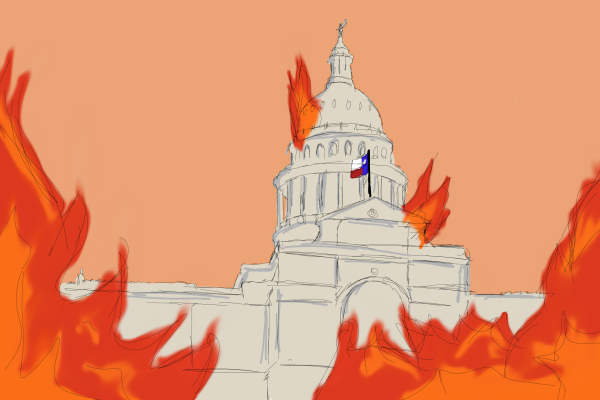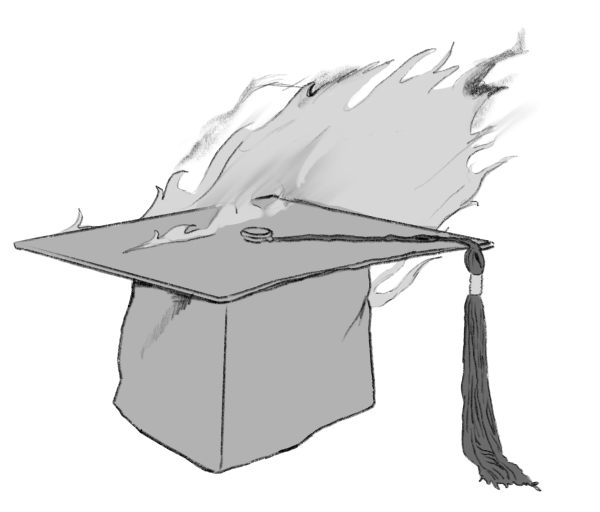The NCAA should pay its athletes
How is this not common sense?
A majority of colleges and universities in the United States have athletic programs whose athletes generate significant revenue for their schools and the National Collegiate Athletics Association (NCAA). The athletes who perform this labor do not receive wages.
In an ideal world, I would be able to end this article immediately, as the particles of the universe would promptly correct this issue due to sheer embarrassment. However, we live in a world where the issue of whether an organization that earns over a billion dollars annually, the NCAA, should pay its athletes somehow warrants debate.
Detractors tend to mention that NCAA athletes are paid through scholarships and education. While a scholarship can be a huge benefit to being a student-athletes, it can be hard to take advantage of the education that this opportunity elicits when your sport, as it often is for student-athletes, is essentially a full-time job.
Beyond that, most college athletes are only on partial scholarships or, at Division III schools like Trinity, no scholarship at all. This situation persists even though schools still generate revenue, sometimes to the tune of hundreds of thousands of dollars in the case of top DIII football programs. It should be noted that non-Division I athletics often do not or just barely break even, but this does not change the fact that athletes should be fairly compensated for their labor.
The lack of compensation for student-athletes is even more infuriating in light of the fact that, according to a survey conducted by the Hope Center at Temple University in 2019, nearly a quarter of NCAA athletes reported experiencing food insecurity and roughly 15% reported being homeless.
Another argument often made against paying athletes is that it would hurt athletes in sports which generate little to no revenue and athletes at smaller schools. To that point, I question why the NCAA, which purports itself to be a nonprofit, should be unable to pay all of its athletes a fair salary in proportion to their labor.
Moreover, even if it did turn out that athletes would only be paid in proportion to the revenue generated by their sport or their school, that still would be better than the current status quo of no compensation beyond scholarships, financial aid and education.
I could continue listing arguments against paying college athletes that raise logistical concerns, and I definitely concede that working out the best way to fairly compensate all NCAA athletes is not an easy task.
Nonetheless, the fact that student-athletes receive no salary despite the immense value, monetary or otherwise, the value they bring to their schools is unjustifiable. I get paid to write articles for this newspaper, and, while I believe in the value of what I do, I am certainly not attracting thousands of people to multi-million dollar stadiums.
As such, there is simply no excuse for the NCAA to not be allowing people to suffer in this way, especially when those people are directly contributing to its success. It is nearly incomprehensible to me that there are so many people who genuinely believe the NCAA is justified in not monetarily compensating its main labor force. There is no good enough excuse that can be made; the NCAA needs to pay its athletes now.

I’m Colin Houston (they/them), and I’m a junior political science major and an opinion columnist/copy editor for the Trinitonian. I’m also...











